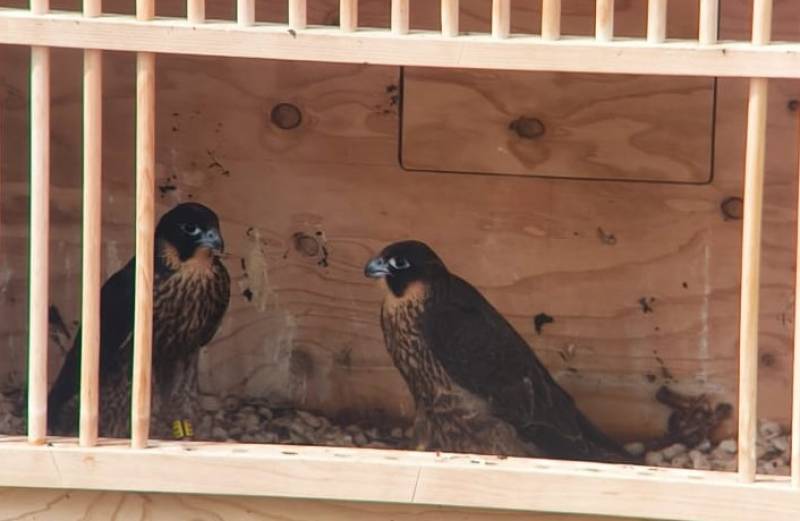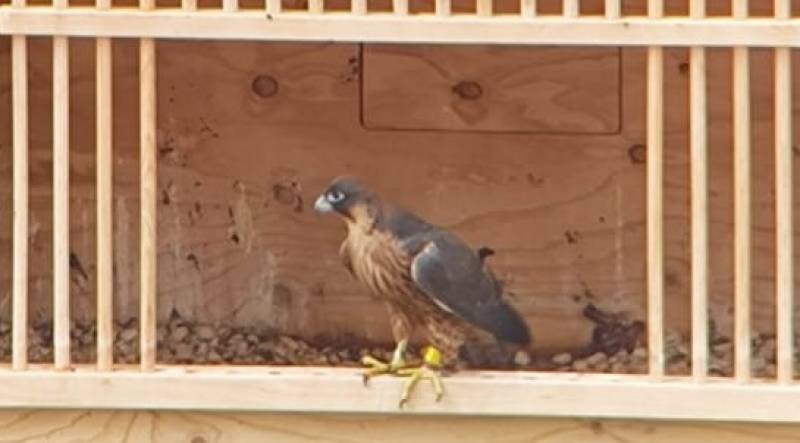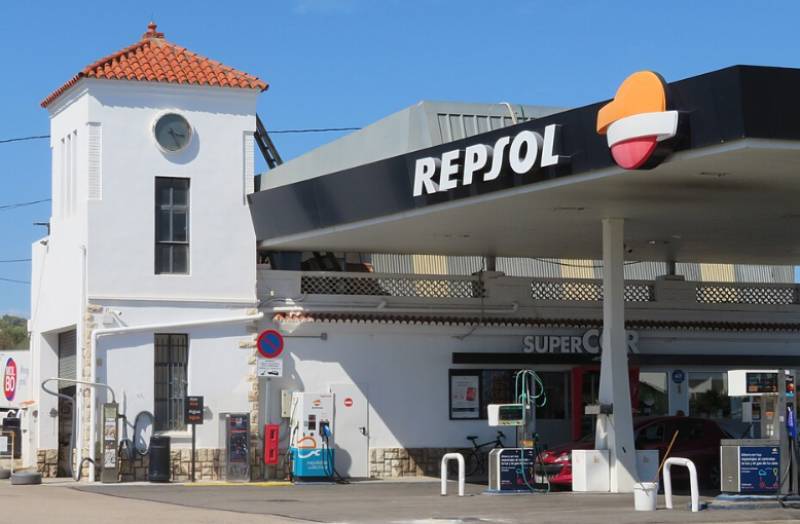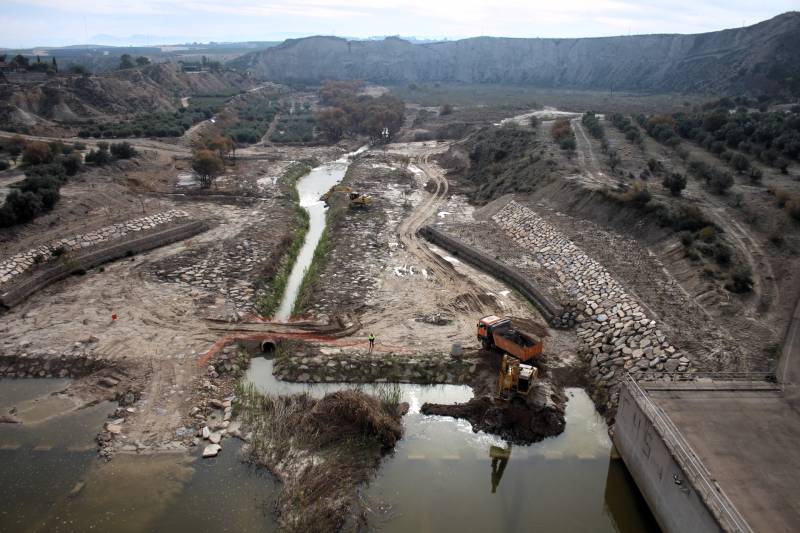

Guidelines for submitting articles to Roda Golf Resort Today
Hello, and thank you for choosing La Torre Today.com to publicise your organisation’s info or event.
Roda Golf Resort Today is a website set up by Murcia Today specifically for residents of the urbanisation in Southwest Murcia, providing news and information on what’s happening in the local area, which is the largest English-speaking expat area in the Region of Murcia.
When submitting text to be included on Roda Golf Resort Today, please abide by the following guidelines so we can upload your article as swiftly as possible:
Send an email to editor@spaintodayonline.com or contact@murciatoday.com
Attach the information in a Word Document or Google Doc
Include all relevant points, including:
Who is the organisation running the event?
Where is it happening?
When?
How much does it cost?
Is it necessary to book beforehand, or can people just show up on the day?
…but try not to exceed 300 words
Also attach a photo to illustrate your article, no more than 100kb

Murcia City Council enlist three new falcons to keep the pigeon population under control
In addition to deterring pigeons, the additions assist in the repopulation of these birds in Murcia as peregrine falcons are a native subspecies of the Levantine area
 Murcia City Council have released three new falcons whose mission is to keep the pigeon population under control in the urban area of the municipality in a biological and sustainable way.
Murcia City Council have released three new falcons whose mission is to keep the pigeon population under control in the urban area of the municipality in a biological and sustainable way.
Peregrine falcons are accomplished hunters, renowned for their agility and speed, particularly when diving for prey where they can reach speeds more than 300 km (186 miles) per hour, making it not only the world's fastest bird but also the fastest animal on the planet.
After the recent release of two male falcons, three females have now been released, named Panocha, Altaona and Escalona, as reported by the Zoonosis Service of the Department of Social Welfare, Family and Health, directed by Pilar Towers.
In addition to deterring pigeons, this will aid in the repopulation of peregrine falcons in Murcia, where they are an indigenous subspecies of the Levantine area, native to this land.
The three birds, born at the end of April, have been located in a strategic area near Murcia Cathedral, an imposing building which will act as a landmark to guide them, when they are adults, to find their future nest.
The birds, which were initially in a progressive release cage, being fed twice daily, are now flying freely around the municipality.
The two male specimens were released first as they are the ones that establish a territory to attract females and also because they take longer to mature sexually.
Human-free breeding
The breeding of these new falcons is carried out in Córdoba using a natural or parental breeding technique where they do not interact at any time with humans to guarantee their adaptation to life in the wild.
 Murcia City Council plan to acquire more falcons with the aim of at least two pairs settling in the city and indicates that the release of the first two falcons, who feed adequately and self sufficiently, has been a success.
Murcia City Council plan to acquire more falcons with the aim of at least two pairs settling in the city and indicates that the release of the first two falcons, who feed adequately and self sufficiently, has been a success.
Municipal technicians have determined that the historic complex of the centre of Murcia is the area that is being most affected by the presence of pigeons, a space that includes BIC elements (Asset of Cultural Interest) such as the Murcia Cathedral, the Episcopal Palace, the School of Dramatic Art and the Murcia City Hall, located in the Cardenal Belluga, Apóstoles and Hernández Amores squares, next to the Glorieta de España.
Previously, other control methods had been used such as spikes, nets or placing metal plates in the areas with the highest concentration of pigeons, although these have not been as effective as initially expected. Hence, the latest method of biological control using natural predators has been incorporated.
The Department of Health indicates that the domestic pigeon present in most cities is the source of a multitude of problems, among which is the deterioration of outstanding historical, architectural and cultural heritage buildings and sites, also serious health and safety issues caused by the accumulation of excrement in places with the highest pigeon concentration plus noise nuisance and the risk of disease transmission.
Municipal services estimate that currently in the urban area of Murcia there may be close to 8,000 pigeons and through different methods about 4,000 specimens have been captured, which allows maintaining a stable pigeon population.
Image: Ayuntamiento de Murcia
See more news about animals in Spain:
OR
Sign up for the Spanish News Today Editors Roundup Weekly Bulletin to get a comprehensive email with all the week’s news for Spain, Murcia, Alicante and Andalucía.
Get a sneak peek – here are a few of our recent Subscription Bulletins:
Discount Special Offer subscription:
36.95€ for 48 Editor’s Weekly News Roundup bulletins!
Please CLICK THE BUTTON to subscribe.


































